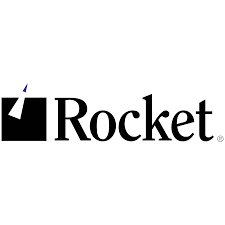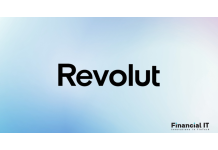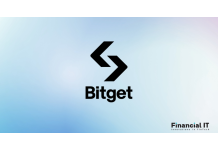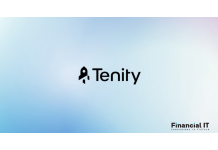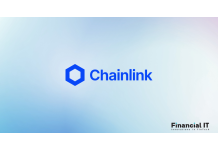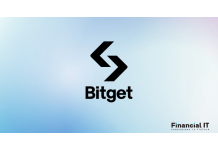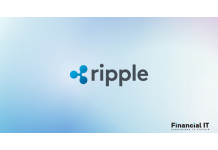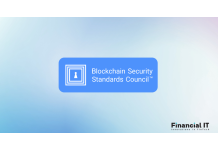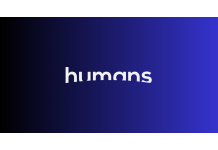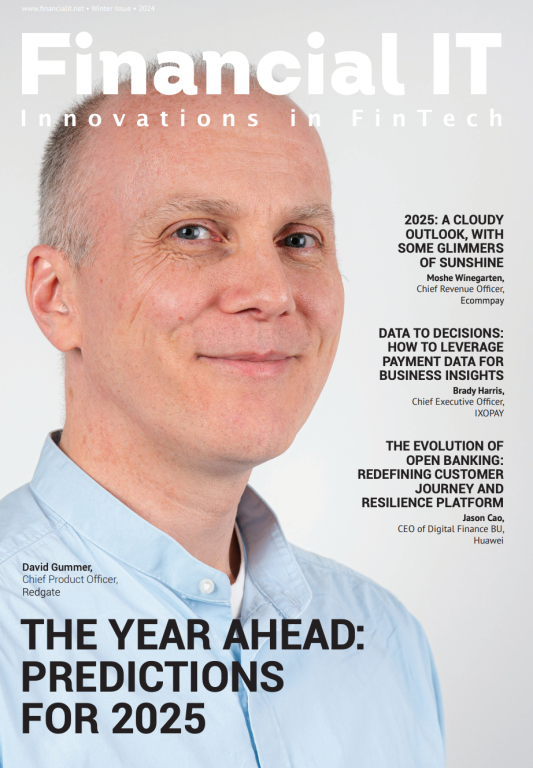Ondo Finance Unveils Integrated Infrastructure Suite...
- 07.02.2025 10:25 am
Tokeny and Ditobanx Partner to Transform El Salvador...
- 09.01.2025 01:15 pm
Revolut's Digital Asset Market Data Integrated...
- 09.01.2025 10:05 am
Bitget Announces Launch Of BGBTC, Wrapped Bitcoin...
- 10.12.2024 11:30 am
eToro Expands Crypto Staking Programme with Addition...
- 03.12.2024 02:00 pm
Tenity Advances Decentralized Finance (DeFi)...
- 02.12.2024 04:15 pm
Chainlink Joins Banco Inter, Microsoft And 7Comm...
- 20.11.2024 12:25 pm
Bitget Launches $100K Funding Program at DevCon 24 to...
- 05.11.2024 12:35 pm
Ripple Announces Ripple USD (RLUSD) Exchange Partners...
- 15.10.2024 01:15 pm
Blockchain Security Standards Council Announces...
- 09.10.2024 02:55 pm
Visa Introduces the Visa Tokenized Asset Platform
- 04.10.2024 10:30 am
Humans.ai Acquires TensorChain Inventors, Starfish...
- 21.08.2024 09:30 am

